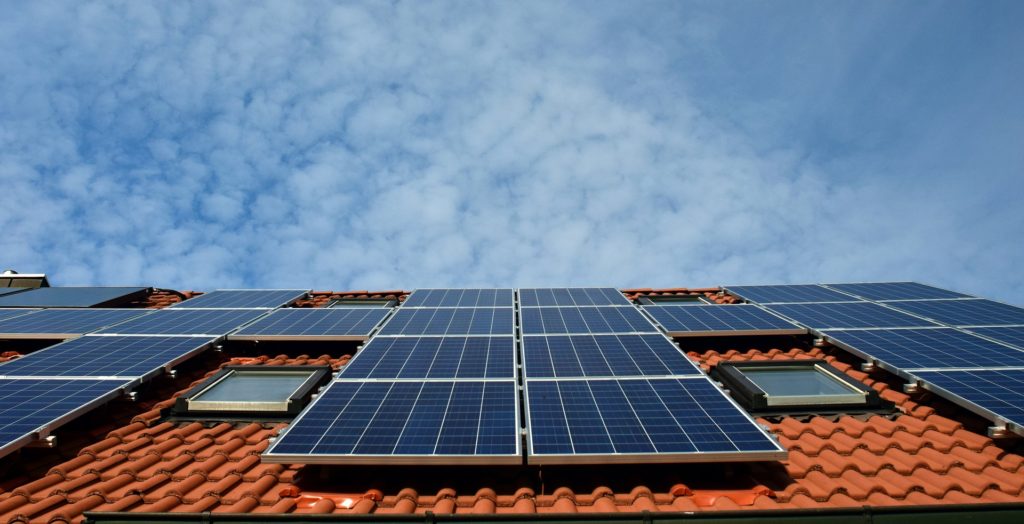

How Residential Solar Energy Works
At Solera Energy, we strive to demystify solar energy for homeowners. So, while understanding the process of converting the sun’s energy into electricity may seem like a feat best left to scientists and engineers, it’s actually quite simple, and our experts have put together this guide to help it all make sense.
Solar power is a clean source of energy and is also plentiful. No matter how large your home is or how much power it requires, you will never need to worry about running out. In fact, the sun creates more energy in one hour than all of the energy consumed on our planet in an entire year!
Get started with your home’s clean, renewable solar panel installation today by calling (866) 346-2009 or scheduling your FREE consultation online!
Overview of the Solar Energy Production Process

Solar panels operate by allowing photons, or tiny particles of light, to knock electrons free from atoms, thus creating a flow of electricity. Your solar panels’ photovoltaic cells will then convert that electricity to direct currents, or DC electricity. Once this occurs, your home’s inverter will transform this DC charge to AC electricity, or alternating current, used to power your home. It breaks down like this:
Your home’s solar panels convert sunlight to DC currents.
Solar panels are made up of a string of photovoltaic cells. The purpose of these cells is to capture the sunlight that shines onto them and convert it to direct current electricity. The process by which they do so is called the photovoltaic effect. The more sunlight your panels receive, the more energy they are able to produce.
The inverter installed on your home converts DC electricity to AC electricity.
After the photovoltaic cells convert the sunlight into DC electricity, it’s still not ready to be used to power your home. Your home’s appliances and electrical devices are powered by alternating current electricity. That’s what your solar inverters are for. Solar inverters take the DC power and convert it to AC power that can then be used within your home.
Your home uses the AC electricity that it requires to operate.
Now that your solar inverters have converted the DC electricity into usable AC power, you can start to enjoy the use of solar power throughout your home. Essentially, the solar inverters direct the AC electricity into your circuit board, so it’s then usable for your electrical appliances.
Extra electricity is then credited on the grid.
One of the many benefits of installing solar panels is net metering. Net metering essentially allows you to send unused solar energy back to the grid for a credit. So, if your solar panels are producing more energy than you need, you can push this back to the grid.
Go Solar With Solera Energy Today
At Solera Energy, we work with our residential customers closely to understand your long-term goals. Then we handle everything from attaining the necessary permits and equipment to engineering a unique solar panel layout catered to your energy need. Throughout the entire installation and conversion process, we’ll communicate with you every step of the way.
Our team at Solera Energy consists of highly talented and knowledgeable members of the legal, accounting, investment, engineering, logistics, electrical design, real estate development, and solar technology communities. We are driven by our commitment to excellence, integrity, and attention to detail in order to consistently deliver the highest-quality solar solutions for each homeowner we serve.
Learn more about our residential solar services by calling us at (866) 346-2009! If you’re ready to get started, you can also contact us to schedule a free solar consultation.
Here’s Why Our Customers Love Us


